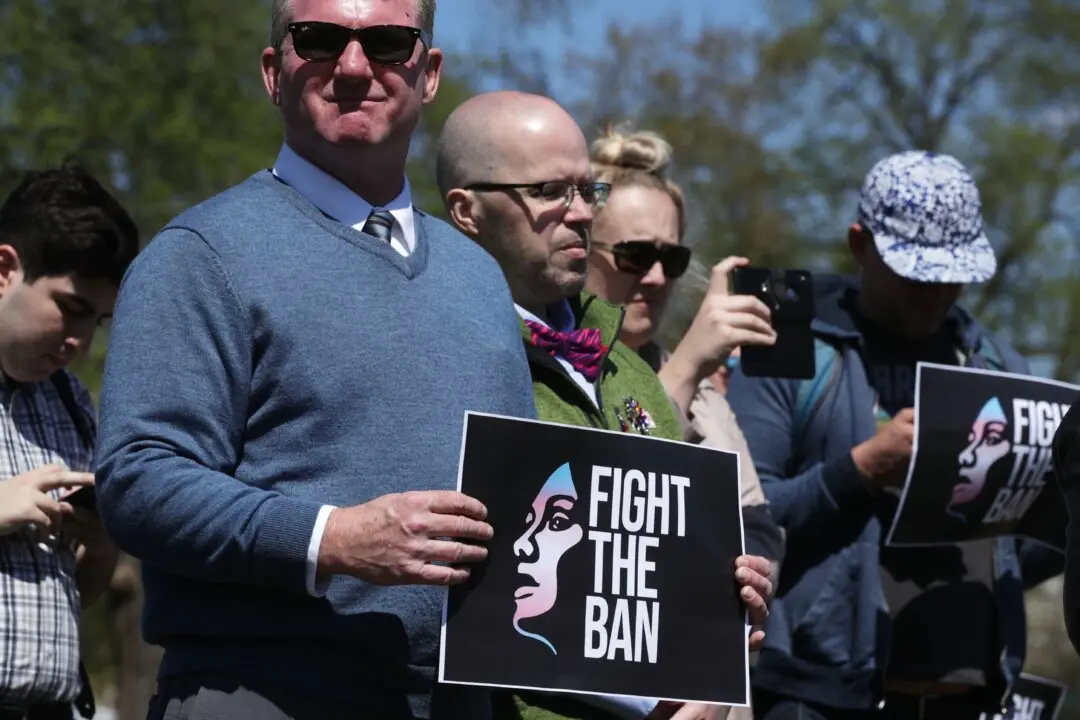A confidential Pentagon memo recently put the existence of a transgender U.S. Army clinic in North Carolina on the map.
Now a viral TikTok video has disclosed a similar U.S. Air Force clinic deep in the heart of Texas.

A confidential Pentagon memo recently put the existence of a transgender U.S. Army clinic in North Carolina on the map.